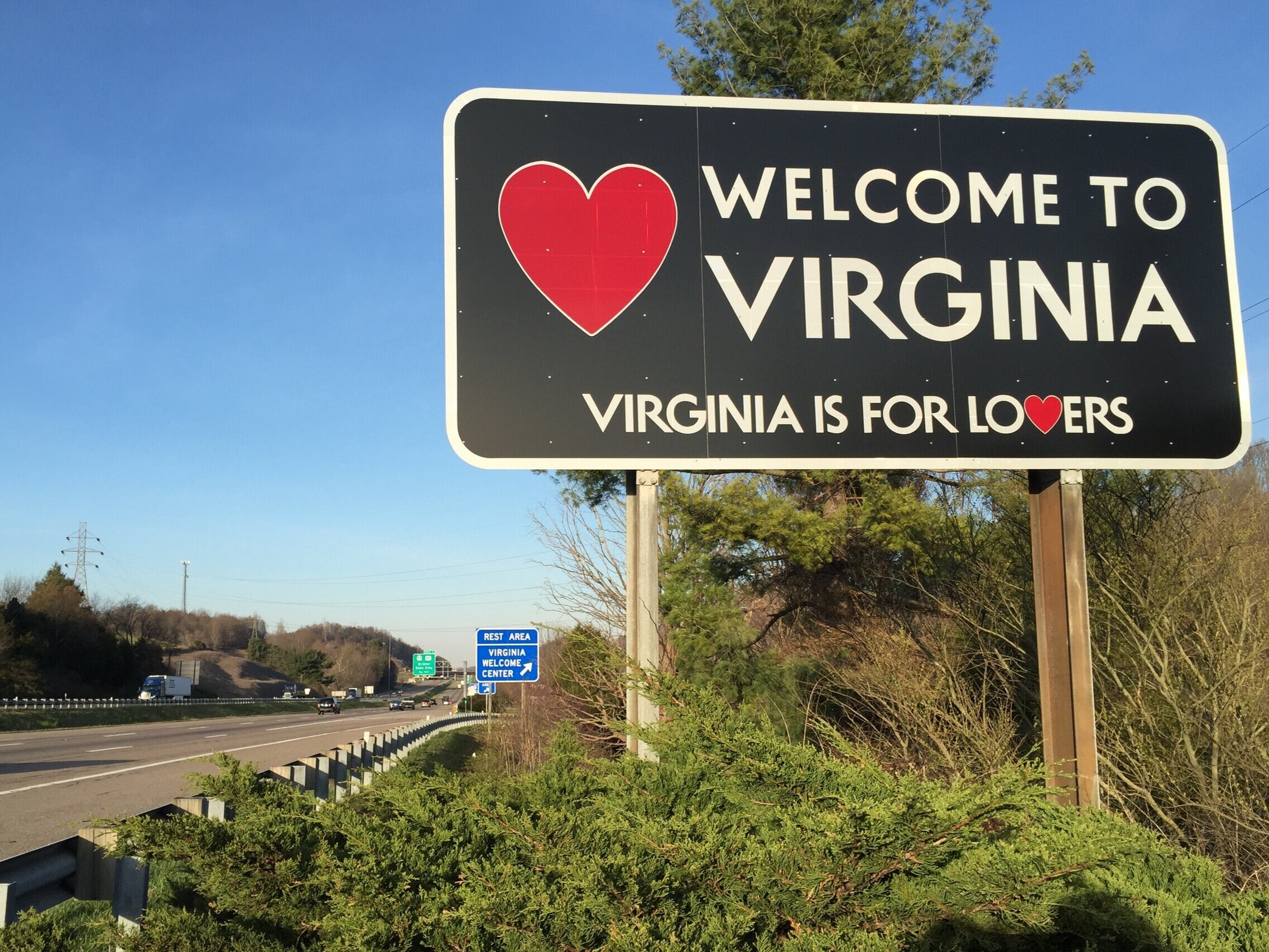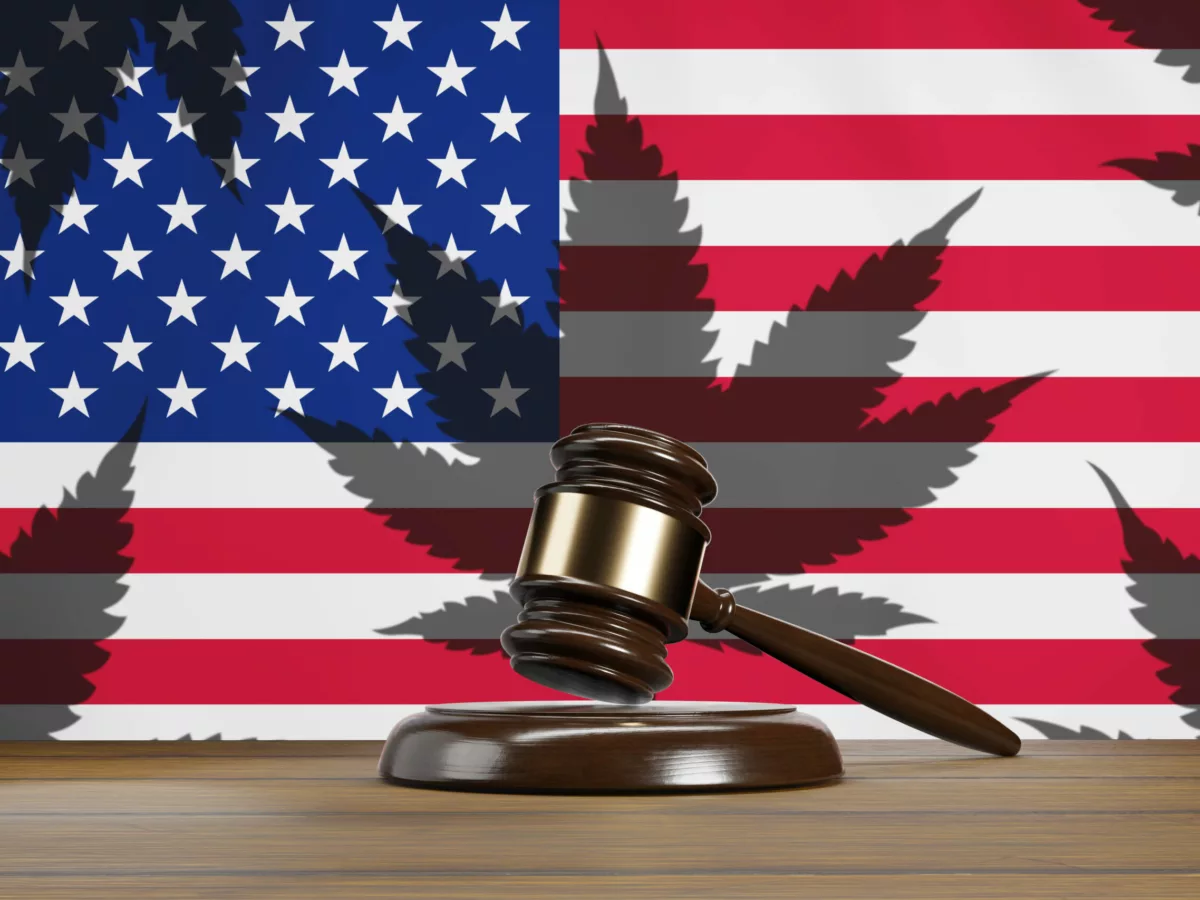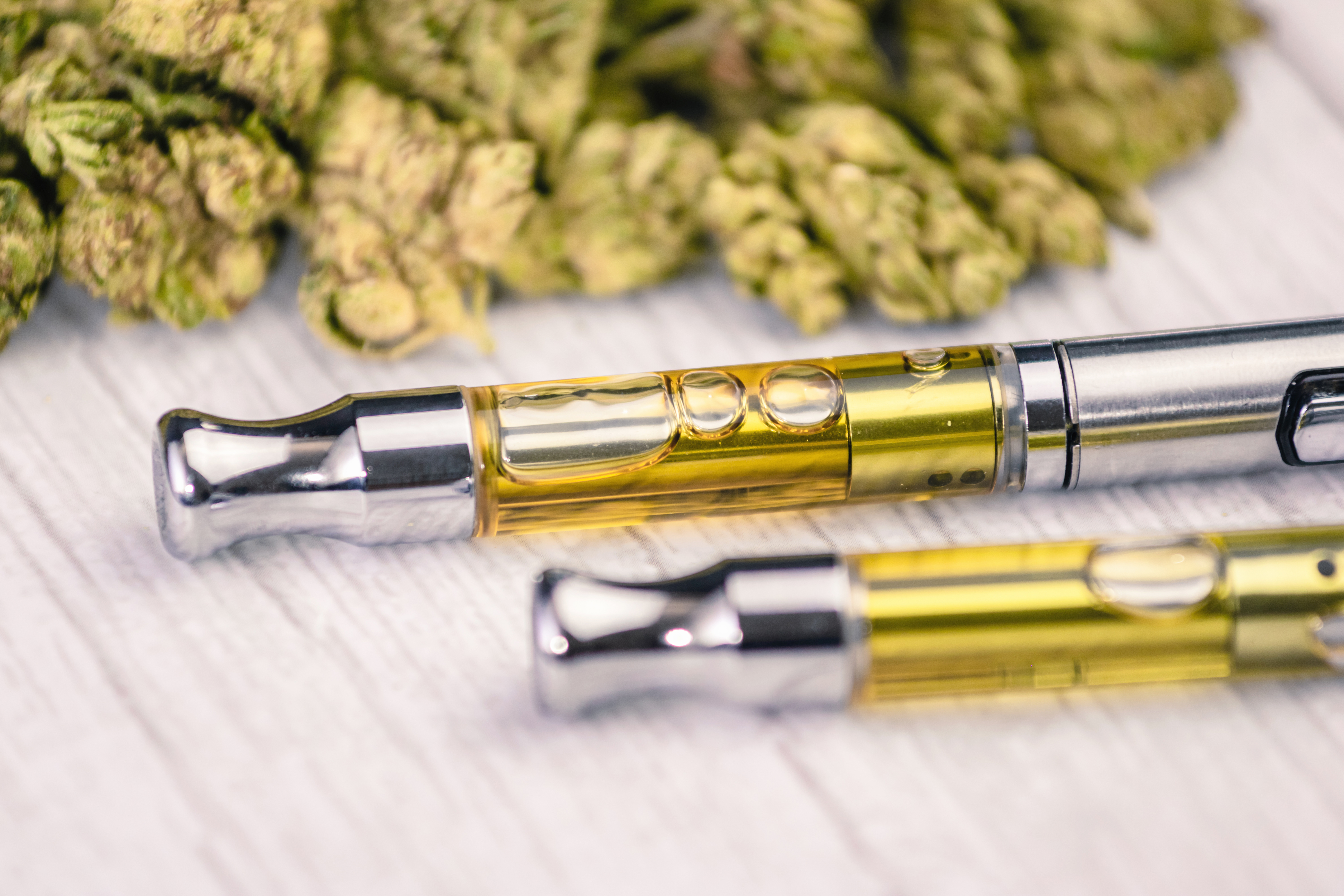Note: This story was first published by District Fray Magazine as part of a collaboration with The Outlaw Report on Take Me Down to Cannabis City, an insider’s guide to the legalization of cannabis in Virginia.
Virginia took a big leap toward cannabis reform last spring by passing legislation that authorized pot possession and home cultivation. The law also laid the groundwork for retail sales to begin in 2024.
It was a major victory for cannabis advocates: The commonwealth has a long history of enforcing some of the toughest drug policies in the nation. Until this year, getting arrested with as little as a joint in Virginia could land someone in jail for an entire year.
The reforms reflect a shift in the state’s political identity over the last decade, from a swing state to a solid Democratic stronghold. That shift culminated in state Democrats securing a government trifecta in 2020, allowing politicians to pass a slew of progressive measures — from abolishing the death penalty, to restoring voting rights for convicted felons.
But the trifecta could now be hanging in the balance, along with the future of cannabis legalization.
In November, Virginia voters will head to the polls to pick a new governor and a fresh roster of representatives for the General Assembly’s House of Delegates. Experts say a shake-up in the commonwealth’s political leadership could theoretically jeopardize the legalization process.
In the governor’s race, former Governor Terry McAuliffe, an establishment Democrat who is running for the same seat he held from 2014 to 2018, is vying against Republican Glenn Youngkin, a private equity executive and self-described political outsider who has never held public office.
The two candidates have so far expressed diametrically opposed views on cannabis legalization.
McAuliffe, who is considered the frontrunner, has positioned himself as staunchly pro-cannabis, framing legalization as a question of civil rights and warning voters his opponent could seek to undo reforms.
“The vast majority of Virginians support legal cannabis, but extreme Republicans are determined to make it illegal again,” McAuliffe said on July 1 in a thinly veiled tweet about Youngkin.
Youngkin has tried to dispel McAuliffe’s accusations: “False,” his campaign responded to the tweet. “Glenn Youngkin will not seek to repeal [legalization].”
But previous comments have undermined his credibility. Just weeks after the new laws passed, the retired businessman told CNBC that legalization was a “mess” he would “clean up as governor.”
The comments sparked a backlash and Youngkin has since treaded carefully on the issue of legalization, avoiding comments that could turn off pro-cannabis voters. (Last year, 68% of Virginians supported legalization.)
Miles Coleman, an analyst at the University of Virginia’s Center for Politics, said Youngkin tip-toeing around the issue doesn’t guarantee he won’t attack legalization if elected.
“If I were a cannabis advocate, I’d be a little worried if the Republicans take governorship and the legislature,” Coleman said. “But I think that’s an uphill race in both cases.”
According to an August survey by Christopher Newport University, McAuliffe holds a nine-point lead on Youngkin among likely voters. However, some polls suggest a much closer race: Virginia Commonwealth University found the candidates were locked “in a virtual dead heat” that same month, with Youngkin trailing by just 3%.
Coleman said cannabis legalization is one of many reforms Virginia’s increasingly progressive electorate has come to embrace. Still, the full-fledged endorsement of legal cannabis by some political candidates is surprising.
“Historically, you wouldn’t have a mainstream candidate for either party come out for marijuana legalization as forcefully as McAuliffe,” Coleman said.
Jenn Michelle Pedini, executive director of the Virginia chapter of the National Organization for the Reform of Marijuana Laws (NORML), said the start of commercial cannabis sales in 2024 will depend entirely on the General Assembly reenacting provisions of the law next year.
That means if Youngkin wins in November, he could decide to block the passage of some regulatory provisions on cannabis, potentially delaying the launch of recreational sales.
“He can veto and offer amendments,” Pedini said.
A full repeal of legal pot possession by Republicans would be more difficult, Pedini said, though not impossible. It would require a simple majority vote from the state legislature.
In August, Speaker of the House Eileen Filler-Corn told Virginia Scope she believes Republicans will try to repeal legalization if they are in a position to do so. Her hypothesis isn’t far-fetched considering the entire GOP House Caucus voted against legalization in April, with Democrats passing the bill by a 54-42 vote.
Legalization won narrowly in the Senate, too, with Lieutenant Governor Justin Fairfax, a Democrat, breaking a 20-20 tie on the bill. Fairfax is now up for reelection in November, along with state Attorney General Mark Herring — also a Democrat.
Pedini said Virginia’s new cannabis laws are still fragile, and advocates should be prepared for anything to happen if Democrats lose the upper hand in November.
“Everything is always up for debate,” Pedini said. “It will make it very difficult to advance meaningful [cannabis] legislation without a Democratic majority in the House.”






